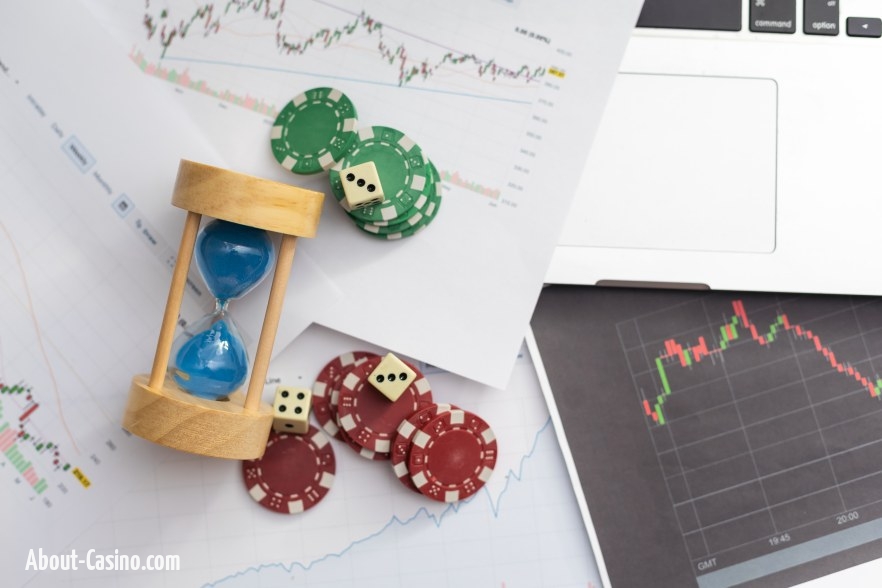The relationship between gambling and the stock market is a complex and often controversial one. While both involve risk-taking and the potential for financial gain or loss, the differences between the two are significant, and understanding these differences is important for anyone who is considering investing in the stock market or engaging in other forms of gambling.
One of the key differences between gambling and investing in the stock market is the level of control that individuals have over the outcomes of their actions. In gambling, the outcomes are largely determined by chance, and individuals have little control over whether they win or lose. In the stock market, on the other hand, individuals have a much greater degree of control over the outcomes of their actions, and the outcomes are largely determined by a complex set of economic, political, and other factors.
Another important difference between gambling and investing in the stock market is the nature of the risks involved. In gambling, the risks are typically relatively small, and the potential rewards are relatively large. In the stock market, however, the risks can be much higher, and the potential rewards are often more modest. This means that while gambling can be a fun and exciting way to potentially win money, it is generally not a good idea to rely on it as a primary source of income.
Despite these differences, there are some similarities between gambling and investing in the stock market. Both involve taking risks and potentially losing money, and both can be emotionally charged experiences that can be difficult to manage. Additionally, both can be influenced by psychological factors such as fear, greed, and herd mentality, which can cause individuals to make irrational decisions that can lead to losses.
One area where the relationship between gambling and the stock market is particularly complex is in the realm of day trading. Day trading involves buying and selling stocks rapidly in order to take advantage of short-term fluctuations in the market, and it can be a highly risky and volatile form of investing. Some critics argue that day trading is essentially a form of gambling, as it involves taking large risks in the hope of making quick profits.
While there are certainly risks involved in day trading, there are also significant differences between day trading and gambling. For example, day traders typically rely on careful analysis of market data and other information in order to make informed decisions about which stocks to buy and sell. Additionally, day trading typically involves relatively small investments, and the risks are often mitigated through the use of stop-loss orders and other risk management tools.
Ultimately, the relationship between gambling and the stock market is a complex one that depends on a variety of factors, including individual risk tolerance, financial goals, and investment strategies. While there are certainly similarities between the two, it is important for investors to understand the differences and to approach investing in the stock market with a sober and rational mindset. With careful planning and a willingness to take calculated risks, however, investing in the stock market can be a rewarding and profitable experience.
